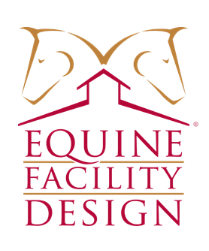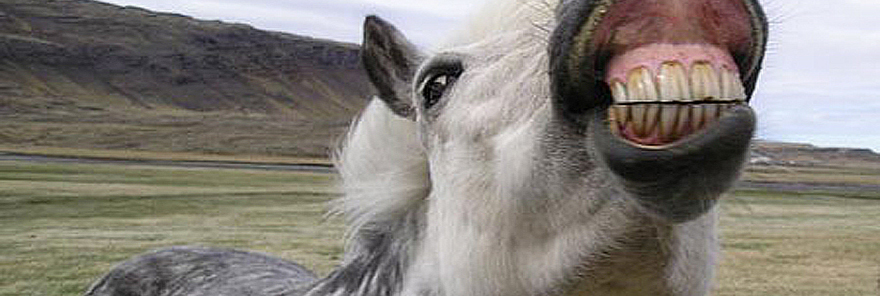Your horse is made to chew.
Over millions of years of evolution, your delicate equine has perfected many things: galloping, jumping, spooking at plastic bags. But above all else, horses are champion chewers. They have 36 to 44 teeth (interestingly, this number is a moving target) that grow by several millimeters each year, all positioned in precise locations to bite, chew, and grind food — specifically, grasses. The average healthy horse has enough tooth in reserve to get him through about thirty years of life.
And if he was spending thirty years grazing his way through a pasture, that would be the end of the story. But horses do much, much more with their mouths in this modern life than eat grass. They carry a bit, for starters. Their jaw, and thus the way their teeth fit in their jaw, play a major role in their actions in many competitive sports. They eat a variety of foodstuffs that work differently on their teeth than their natural vegetation diet would. With all this in mind, regular dental care is essential to today’s horse.
Baby check-ups are usually a visual check of a foal’s mouth soon after birth. Often little more than a small flashlight and a finger are necessary for the foal’s first dental check. A vet can ascertain quickly whether the foal’s bite is correct and will allow its teeth to grow in properly, or if measures need to be taken to help the foal develop properly or minimize the effects of a parrot mouth or other conformation fault.
Bi-annual dental checks are recommended by the American Academy of Equine Practitioners (AAEP) for young horses up to the age of 5. The reason? An explosion of activity is taking place in a maturing horse’s mouth. Twenty-four teeth erupt and are shed; up to forty-four permanent teeth erupt in their place. A normal, healthy horse might not require any actual dental care or preventive actions in this time period, but a visual check by a veterinarian to be certain that everything is growing properly and in the right place definitely deserves a place on the calendar.
Annual appointments are generally accepted for horses that are doing some sort of work, are stabled and eating cereal grains or pellet mixes, and generally not just living out in the pasture grazing. This does not mean an annual float from the local guy with the bucket full of tools. Dental care for horses in the 21st century is just as advanced as it is for humans: practitioners often utilize radiographs and analyze the jaw to devise precise, individualized long-term dental care plans for horses. One jaw’s idiosyncrasies are not like another’s: every horse is different. The days of the simple float to take off the hooks and sharp molar ends are gone.
Senior horses and horses in retirement may return to bi-annual dental exams. With age, and teeth wearing down, minor changes are often necessary to keep them grinding the way that they should. As horses live longer, too, some are outliving their teeth. Over-floating and over-treatment from earlier years may be responsible for some early tooth loss, but all in all, senior horses will need extra help utilizing the teeth that they have left.
Many horse-people will joke that their horses are receiving better dental care than they are, but it’s really not such a joke — twenty-first century equine dental care has reached a level of finesse that’s nothing like the old gag-and-float days. For the best performance and health of your horse, find a veterinarian who specializes in dental work, and schedule them appropriate to your horse’s age. Everyone needs a comfortable mouth to be happy, and horses, those perfect chewers, are especially sensitive about their mouths.


